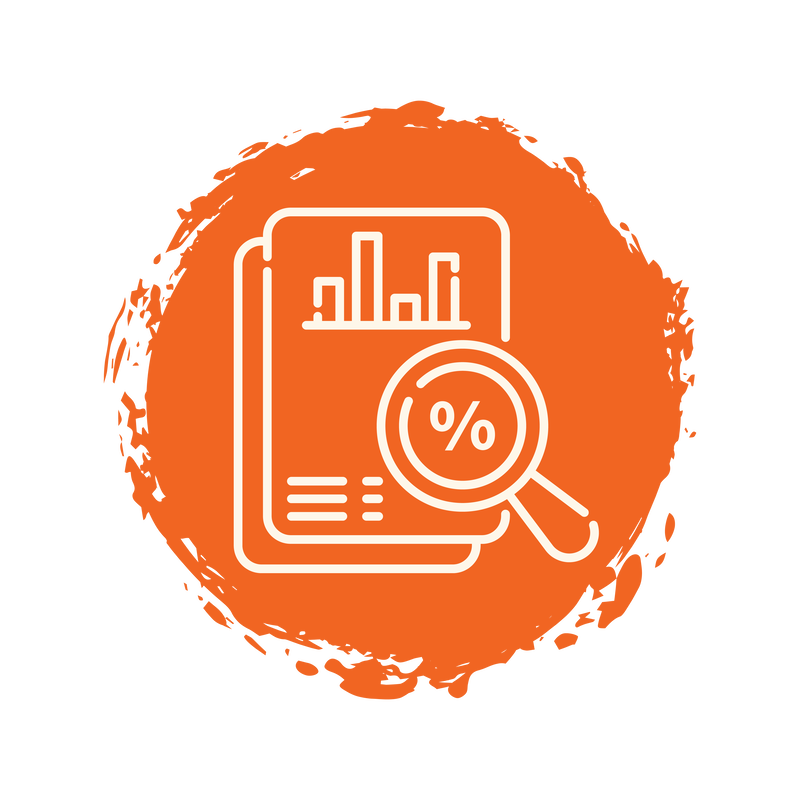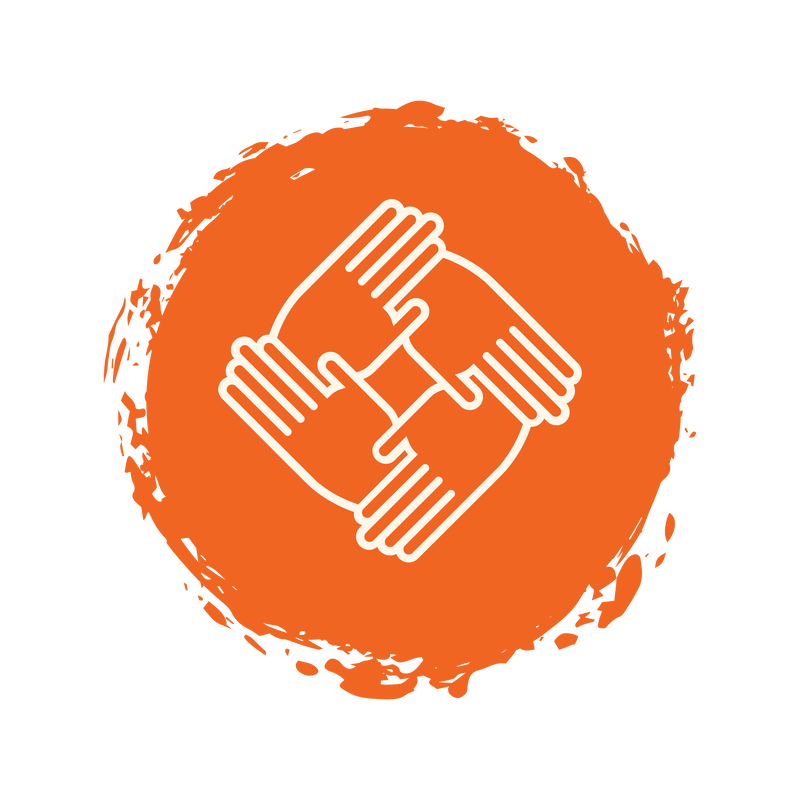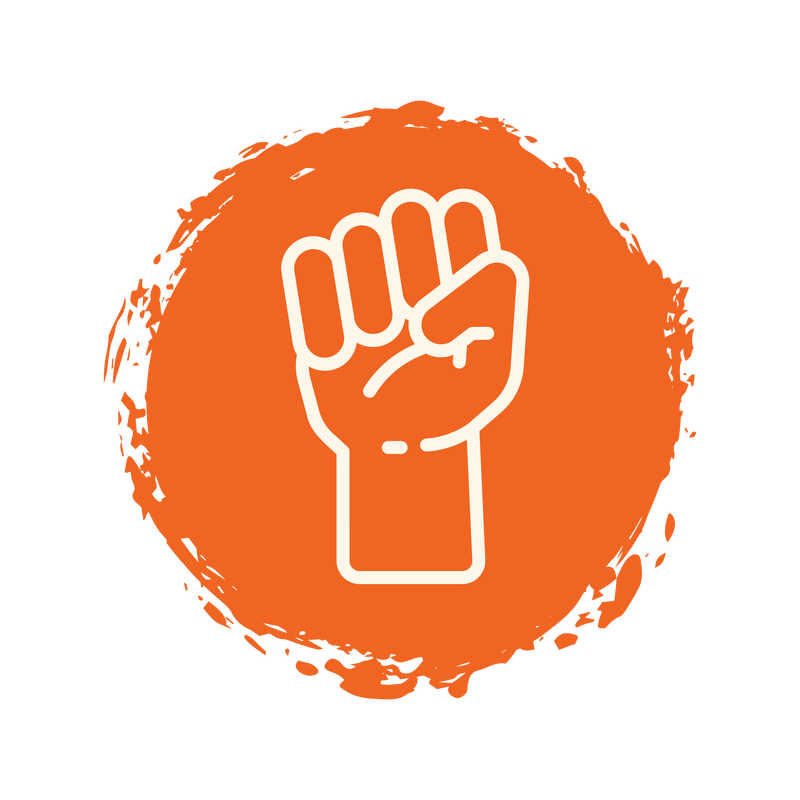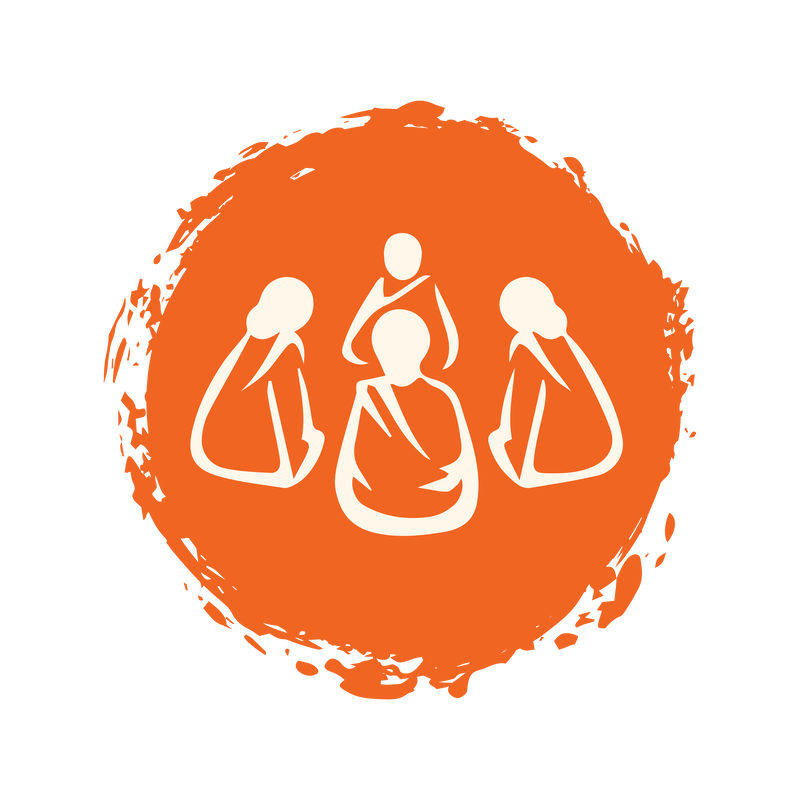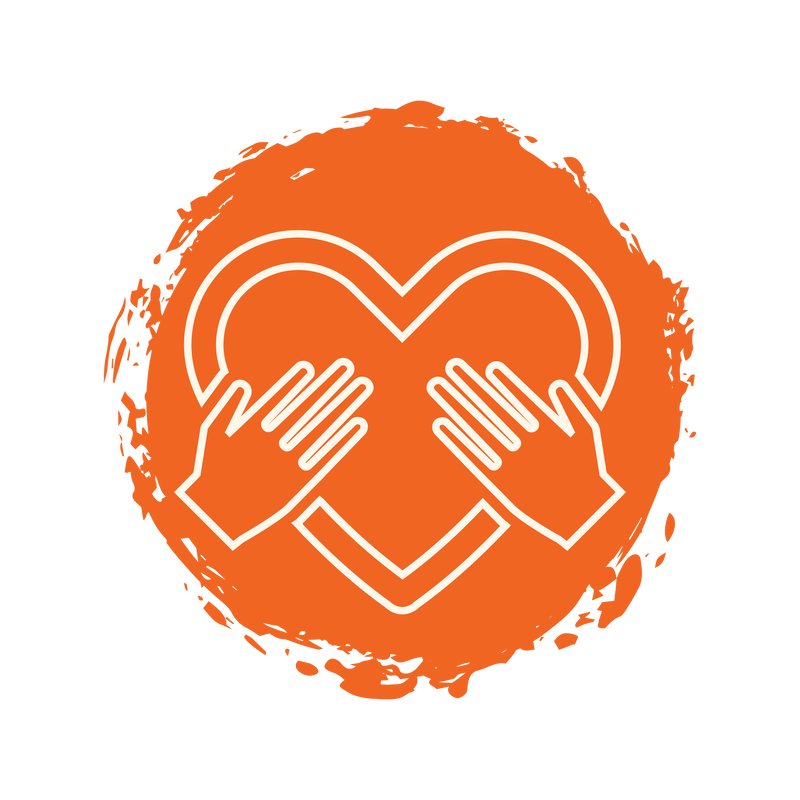|
IST | 09:30 AM – 11:00 AM
|
Digital Enablement
In this session, the possibilities of integrating technology into an organisation's work will be explored through examples of live case studies. NGO leaders will gain a future perspective to visualise digital enablement of their programs and also get an opportunity to understand how peer organisations are using the technology space.
(CLOSED DOOR | INVITE ONLY)
|
|
IST | 12:00 PM – 01:30 PM
|
Let's Collaborate: Finance And Compliance As Backbone
With the disruptive impact of the pandemic, there has been an increased focus on building institutional resilience and financial sustainability. At the same time, compliance requirements are also evolving, which demand increased measures of governance and constant learning. This session is an endeavour to bring together finance leads of social sector, get-to-know each other, have a platform to interact and potentially create an ongoing support group for cross-learning opportunities. It is believed that there is a pertinent need for collaborative learnings in the finance functions, which serve as the backbone to the organisations.
|
(CLOSED DOOR | INVITE ONLY)
|
IST | 11:30 AM – 01:00 PM
|
Walking The Talk: Stories of Collaboration For India’s Informal Workers
Session Partners: Social Compact, UN South Asia Forum on Business and Human Rights
At the onset of the pandemic, many of India’s 400 million informal and migrant workers were adversely affected by the lockdown. The visuals of their arduous journeys inspired a movement driven by compassion. Two years later, stakeholders across sectors and geographies, have started taking concrete steps for their well-being. Actions that were once disparate are now united through the power of collaboration. The wheels have been set in motion! We are at a time where there is an exchange of learnings, replication of good practices, alignment on cornerstones, and acceleration in the right direction.
This session will showcase the stories and journeys of India’s majority workforce. Bringing together diverse stakeholders from the community, industry, NGOs, international agencies, and philanthropy – these conversations will focus on building a responsive ecosystem at source and destination, for our informal and migrant workers, by leveraging business and CSR capital. |
|
IST | 02:30 PM – 04:00 PM
GMT | 09:00 AM – 10:30 AM |
Road to Resilience: From Breakdown To Breakthrough
The pandemic pushed over 230 million Indians into poverty, affected learning outcomes of over 280 million children, and saw non-profit organisations fight these crises front and centre. As the world begins to inch towards normalcy, Indian non-profits are gearing up to reclaim a decade’s worth of development gains lost to the pandemic. During this session, Dasra and Tarsadia Foundation will launch a long-term resilience fund, which builds on their efforts of over the past 12 months in deploying $10 million in rapid COVID relief grants to 151 NGOs across India. The session will provide a platform for grassroots NGOs to set the context for the path ahead as the world moves from recovery to rebuilding, and a call to action for the philanthropic community to support in building resilient NGOs for a more resilient India. |
|
IST | 05:00 PM – 06:30 PM
EDT | 07:30 AM – 09:00 AM GMT | 11:30 AM – 01:00 PM |
Accelerating Large-Scale Social Transformation in Livelihoods
Session Partner: The /Nudge Institute What does it take to create large-scale social transformation, with generational impact, in relatively short periods of time? Our country has seen such 'disproportionate' socio-economic change take place before, where we witnessed big turnarounds in just a few years' time spans – The White Revolution, micro-finance, and Aadhar are examples. With the giant leaps of technology and digital infrastructure, the conditions are right for more such quantum leaps in livelihoods. This session is centred around the takeaways we've had from previous examples of social revolutions and what steps can be taken for a 'poverty-free India@100' - for India to be poverty-free within 100 years since independence. |
|
IST | 06:30 PM – 08:00 PM
EDT | 09:00 AM – 10:30 AM GMT | 01:00 PM – 02:30 PM PDT | 06:00 AM – 07:30 AM |
Prioritising Lives in Philanthropy
The last two years have seen India’s most vulnerable suffer devastation at a scale and intensity of unparalleled proportions. Children have seen their learning, social, and emotional needs disrupted, informal workers have slipped through the cracks without security nets, livelihoods have crumbled, and India’s death toll is sobering. As we stand at an inflection point, we need to ask ourselves how philanthropy can be catalytic. Despite the billions of dollars that have been invested in the development sector so far, philanthropic capital has not always hit the mark. Creating greater social impact requires greater investment in people, processes, and systems that stretch far beyond the program itself. Funders and non-profits agree - impacting more lives calls for investing in social organisations and the communities they serve.
This session aims to highlight the need for a different type of giving - philanthropy that is structured, intersectional, data-driven, innovative, and risky. Truly catalytic funding takes a holistic approach to support communities – join us to understand what unlocking catalytic philanthropy would mean for India. |
|
IST | 08:30 PM – 10:00 PM
EDT | 11:00 AM – 12:30 PM GMT | 03:00 PM – 04:30 PM PDT | 08:00 AM – 09:30 AM |
Around The World In Intersectional Ways: Exploring Layers And Practice
Session Partner: Robert Bosch Stiftung
The pandemic has exacerbated challenges to deliver on the Sustainable Development Goals (SDGs) in this decade. It is no surprise that amidst a global crisis that affected everyone, inequalities have amplified the problems faced by the most vulnerable and marginalised. This stark reality is a grim reminder that we need to rethink our ways of working. Intersectionality is a powerful framework for examining power relations, discrimination, privilege, and other root causes of inequality. It emphasises the layered impacts of historical, material, and social locations, such as gender, class, race, caste, ethnicity, sexuality, disability, migration status, and geography.
With intersectionality becoming increasingly influential across the globe to address inequality, it is imperative to learn from good practices that actively use this approach. Join us for a conversation that spotlights the work of non-profit organisations from across the world, covering distinct SDGs, and applying intersectional approaches to their contexts. |


